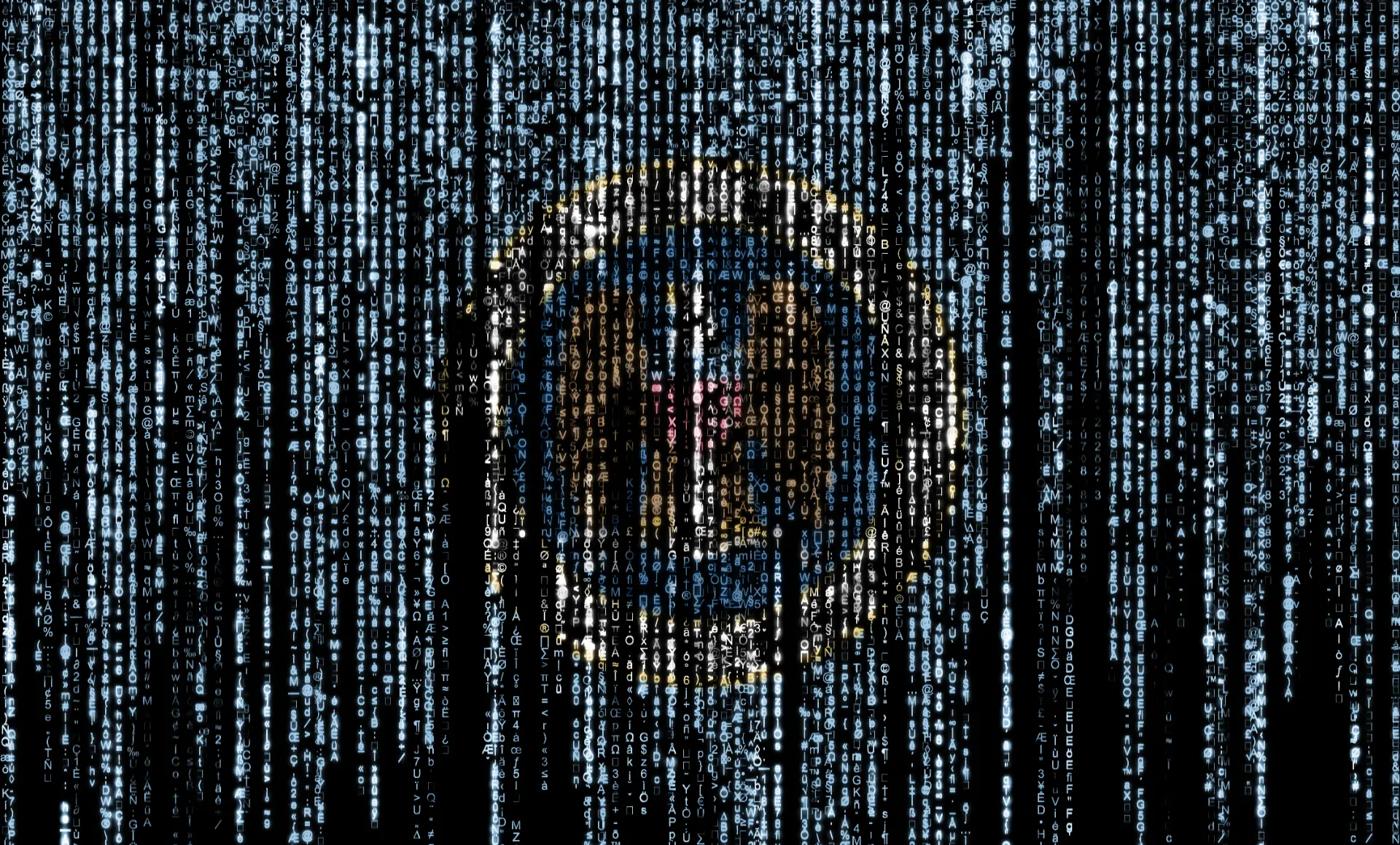Table of contents
- A new front in the cyberwar between global powers
- Strategic sectors under fire: energy, transportation and defense research
- Academic institutions involved: US universities under scrutiny
- China’s diplomatic response: urging accountability
- What happens next?
A new front in the cyberwar between global powers
Tensions between China and the United States have escalated with a new and highly charged digital chapter.
According to China’s Xinhua News Agency, Beijing has publicly accused the US National Security Agency (NSA) of launching advanced cyberattacks against strategic Chinese targets, including the Winter Asian Games and tech giants like Huawei.
Following investigations conducted by police in the northeastern city of Harbin, three alleged NSA operatives, Katheryn A. Wilson, Robert J. Snelling, and Stephen W. Johnson, have been placed on a wanted list for allegedly orchestrating repeated cyber intrusions into China’s critical information infrastructure.
Strategic sectors under fire: energy, transportation and defense research
According to Chinese authorities, the cyberattacks extended beyond sports events and hit vital sectors including energy, transportation, water systems, communications, and national defense research.
The Heilongjiang province, home to major Chinese tech and industrial hubs, was reportedly a key target.
The alleged goals were clear: stealing confidential information, creating social disruption, and sabotaging core IT systems. Particularly concerning were attempts to access sensitive identity data of personnel involved in organizing the Winter Games.
Academic institutions involved: US universities under scrutiny
The story took another turn when Chinese investigators suggested that the University of California and Virginia Tech might have played a role in the cyberattack campaign. Though their exact involvement remains unclear, Chinese officials believe these institutions may have indirectly supported or facilitated cyber-espionage activities.
Academia has often been caught in the crossfire of cyber operations due to its access to cutting-edge technology and research, making it a strategic asset for intelligence activities.
China’s diplomatic response: urging accountability
Beijing wasted no time in responding through official channels. During a press briefing, Foreign Ministry spokesperson Lin Jian stated that China had expressed serious concerns to the United States about repeated cyber intrusions into its critical infrastructure, calling on Washington to take responsible action on cyber security.
“We urge the United States to stop slandering and attacking China without reason,” Lin declared, drawing a clear line between alleged American operations and the increasing cyber tension worldwide.
What happens next?
This latest accusation by China is likely to further inflame US–China cyber tensions, especially as both countries seek to strengthen their digital sovereignty and cyber defense capabilities.
While the US has yet to officially respond, the case underscores how cyberwarfare is no longer just about code and malware—it’s a geopolitical game played out in public accusations and diplomatic maneuvers.
The truth, as is often the case in international cyber conflict, remains opaque and difficult to prove. But one thing is certain: cyberwarfare is no longer fought only with viruses and codes, but also with geopolitical narratives, cross-accusations and diplomatic confrontations.
